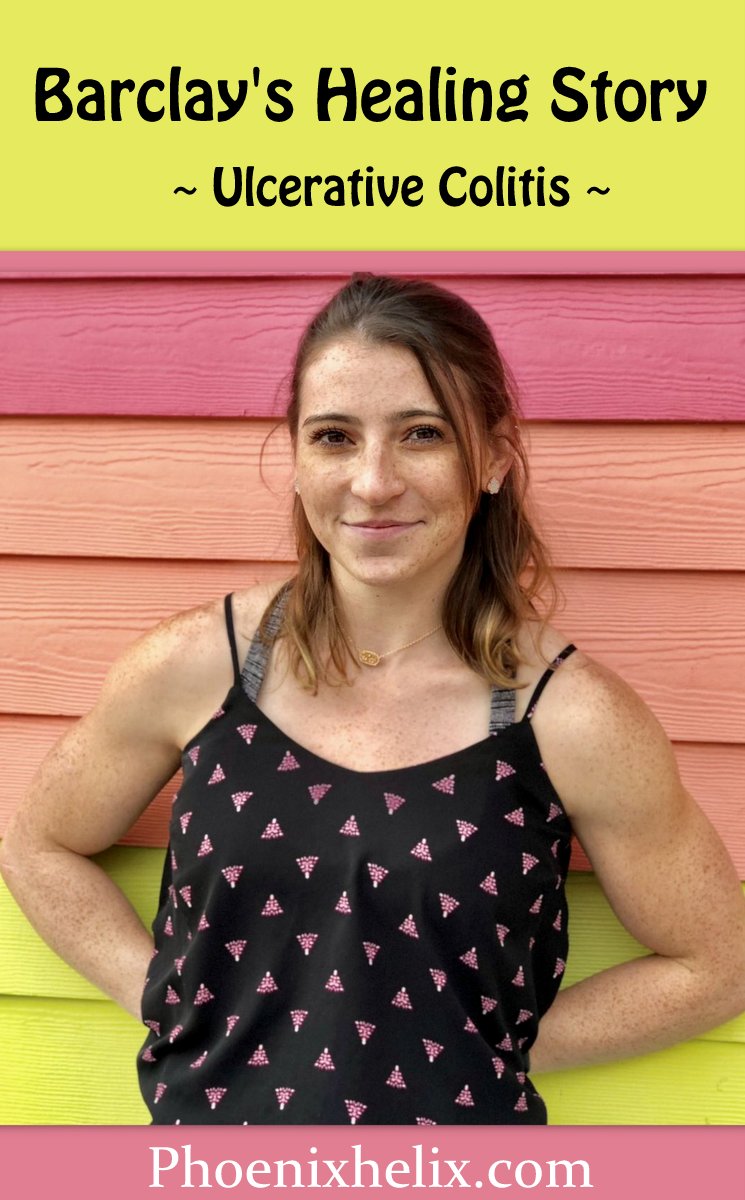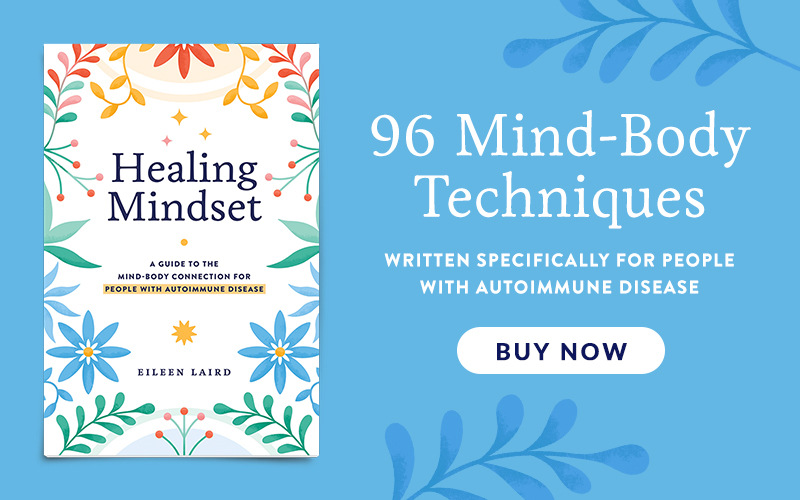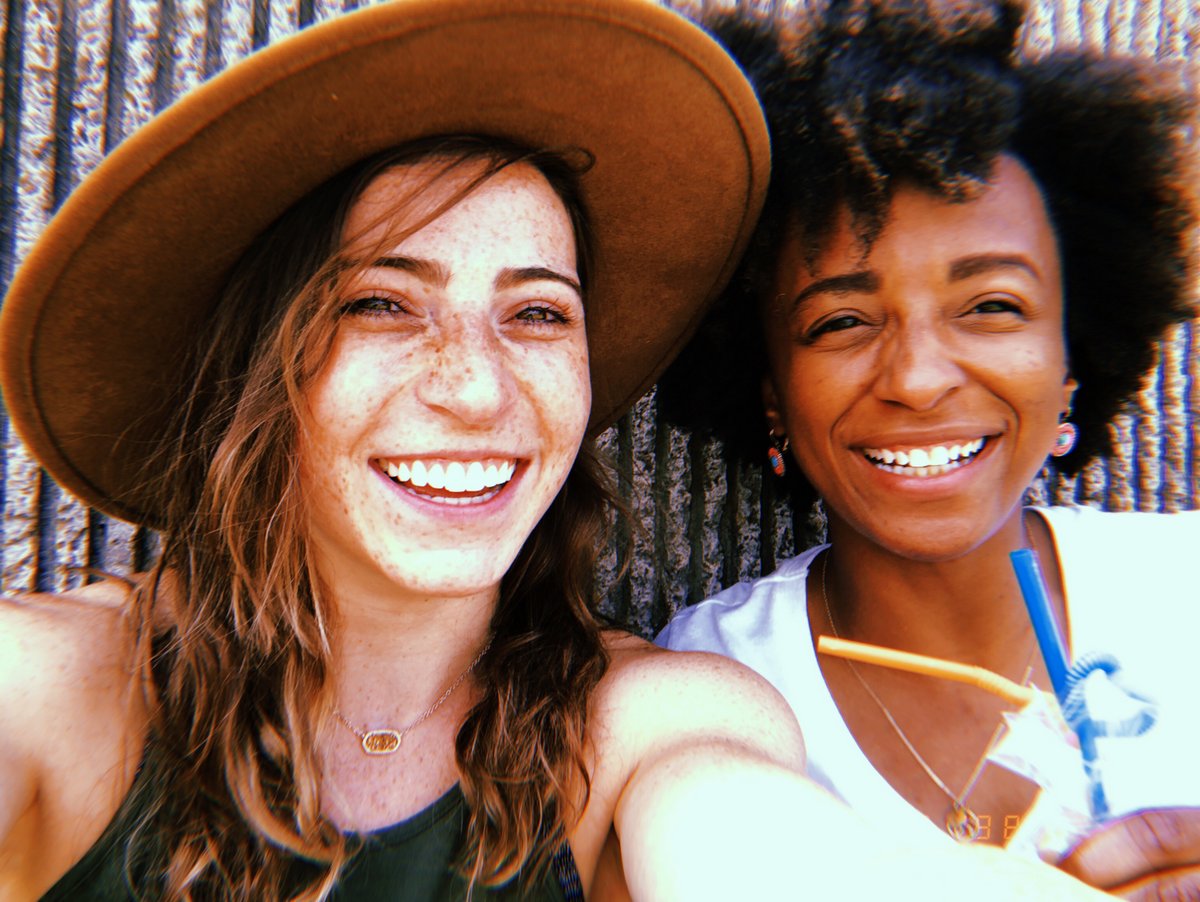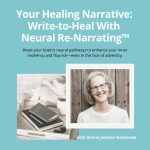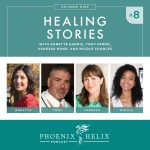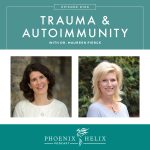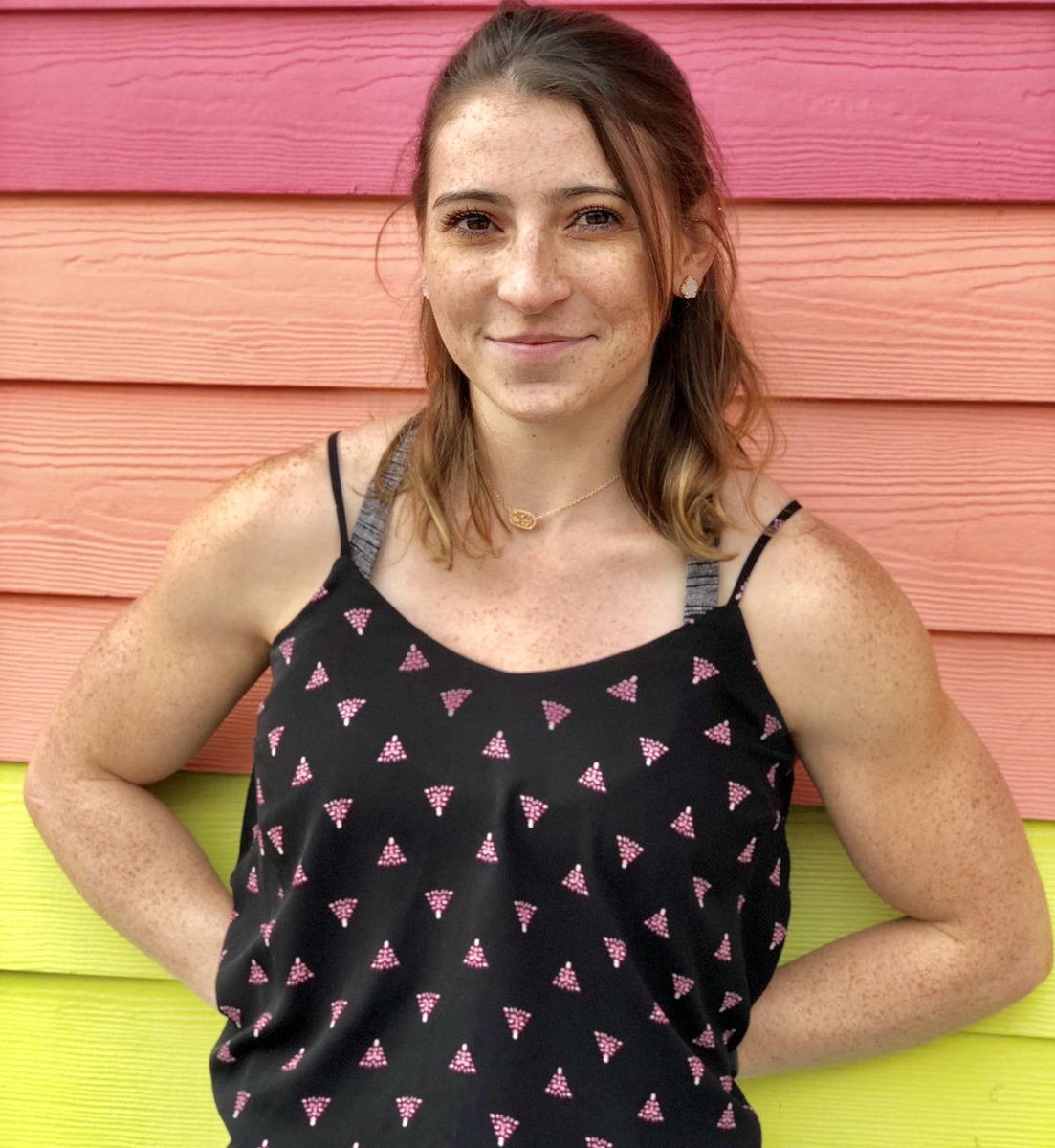
“I believe absolutely that it is in sharing the most vulnerable aspects of our journeys that we support each other to find grace and strength and healing during equally challenging times.”
~ Baden Lashkov
Living a Resilient Autoimmune Life
Trauma has a powerful impact on autoimmunity. It increases the likelihood of developing autoimmune disease and can increase disease severity as well. Barclay Stockett knows this first-hand. Prior to her diagnosis, she was living a full and active life as a professional athlete and contestant on American Ninja Warrior. Then in 2019, her mother was diagnosed with stage 4 cancer. Three months later, Barclay started experiencing symptoms herself. It took over a year to get her official diagnoses: ulcerative colitis, irritable bowel syndrome, and gastritis. It took two years to get her symptoms under control. Success came through a combination of medication, the support of her fiancée, belief in herself, and personal experimentation to discover what her body needed beyond medicine. Now in 2022, she’s competing in American Ninja Warrior again.
What were your first symptoms? When did you learn what it was?
My first symptoms came on very suddenly. I went from having normal bowel movements, on a regular schedule, to inconsistency in every way possible. Urgency was one of my first symptoms, followed by the presence of mucus in my stool. This lasted for about a month before I started passing blood. It took two full years of seeing different doctors and trying various methods to reduce, and then finally, eliminate my symptoms. It took almost a year and a half to learn what my conditions are.
Can you describe what it was like for you when your condition was at its worst?
At my worst, I was waking up in the middle of the night between five to eight times with urgency, and only about twenty to thirty seconds to make it to the restroom. I was losing blood every time I used the toilet. I was experiencing debilitating intestinal cramps, unyielding fatigue, joint pain in my spine and knees, hair loss from the perpetual inflammation, and an all around low quality of life.
What medical treatments have you tried? What was helpful, and what wasn’t?
I was on 40mg of prednisone a day for 5 months trying to get my symptoms under control so it could be treated easier. My symptoms finally dropped to a very low level which lasted about a month until one day I missed a dosage. I immediately began having symptoms again, and the prednisone was no longer keeping them at bay. I began Entyvio infusions in December 2020, with the intention of spreading them out to every 8 weeks eventually, but I haven’t graduated past every 4 weeks just yet. I do think the infusions are helpful, but not as helpful as Xeljanz XR (22mg) which I take daily.
Which healing diet(s) did you try, and what were the results?
I’ve tried various diets, but no template worked for me. Figuring out what my body could tolerate came down to keeping a food journal, and learning what specifically worked or didn’t work for me as an individual.
What other things do you do outside of diet to support your health and healing?
I really prioritize my rest. I didn’t used to allow myself to rest, but now I have really learned to listen to my body when I need it and not just when I feel like I “deserve” it. My favorite ways to rest include spending time in a hammock in my backyard, being a hermit with my fiancée in our new home, gardening, and taking care of my houseplants. I also exercise in ways that help me decompress, such as rock climbing.
You are a professional athlete and compete as an American Ninja Warrior. Has your autoimmune disease been a challenge in your career? What’s your advice for people who aren’t able to exercise to the level they had prior to their diagnosis?
As a professional athlete and American Ninja Warrior athlete, I became very discouraged and felt as if I lost years and years of work on my strength, physicality, and I really struggled to continue competing at all. I thought I had lost the ability to still be a professional athlete, but as soon as my diet and correct medication treatments aligned, I began to rebuild my body and my career. I am now one year into feeling like my autoimmune disease is stable and manageable, and am competing at an elite level and training almost as intensely as I used to. I never would have believed this reality was possible for me. To others who can relate to my struggles and hope to exercise like they used to, my advice would be: 1) Try to be patient while figuring out which foods are safe for you and which aren’t. 2) Prioritize de-stressing your life. As soon as I left a tumultuous living situation, I began to see relief in my body. 3) Find a doctor you trust AND do your own research. One or the other isn’t always enough.
What role has medication played in your autoimmune journey?
Medication has been huge for me, but I doubt it would have done much had I not figured out my diet. I wish doctors had helped me understand that what once was a healthy way of eating for me (vegetables with every meal!) was no longer healthy for me now. I’m hoping to eventually wean off as much medication as possible, but I’m planning on attempting to do so once I have a few years of remission under my belt.
What symptoms still remain?
I still have to rest more than I did before I developed UC. I require more sleep, have some lingering joint pain, occasional bloating, and BM inconsistency occasionally, but the important thing is, I am pain free within my intestines, no longer experience blood loss, and don’t have the stress of living with urgency any longer.
With autoimmune disease, there are many potential triggers and root causes. Were there any events in your life that you think contributed to your diagnosis?
My mother was diagnosed with stage 4 bladder cancer three months before I started experiencing UC symptoms. It was during the hardest part of her radiation treatment that I began to experience urgency and blood loss.
Who supports you in your healing journey?
My fiancée is my ultimate cheerleader, nurse, chauffeur, and protector. She takes me to every single infusion appointment. I can’t imagine how I would have survived all of this without her. (Here is a photo of Barclay and her fiancée, Tsvia, better known as Bee & Tee.)
What’s the hardest part of maintaining a healing lifestyle for you?
I travel overseas around 3-4 months out of the year for work, so maintaining my diet is especially hard in foreign countries. I have to bring a lot of my own food in case there aren’t safe options for me.
What advice would you give to people with autoimmune disease who are just starting to consider diet and lifestyle changes?
Reach out for support. Others who have walked in my shoes helped me find my way. As I opened up online and with friends, I discovered how many people suffer from IBD/IBS and those friends and strangers offered up so much support! I also found an app called Alike, which is free and matches people who are medically similar. It’s a great space for comparing symptoms and treatments.
What does autoimmune resilience mean to you?
Autoimmune resilience to me means my story doesn’t end with my illness. It means I can still accomplish my goals, I can still be happy, and I can still impact the world.
Watch Barclay compete in American Ninja Warrior
This video show’s the USA vs. The World competition in 2018, before her diagnosis.
Now in 2022, she’s competing again, and you can watch on NBC! Here’s a clip from 6/27/22, celebrating her return.
You can follow Barclay on Facebook and Instagram.
Other Healing Stories
This is part of a series of autoimmune success stories. Click here to see the full list. They are also a regular feature of my podcast: Phoenix Helix.

